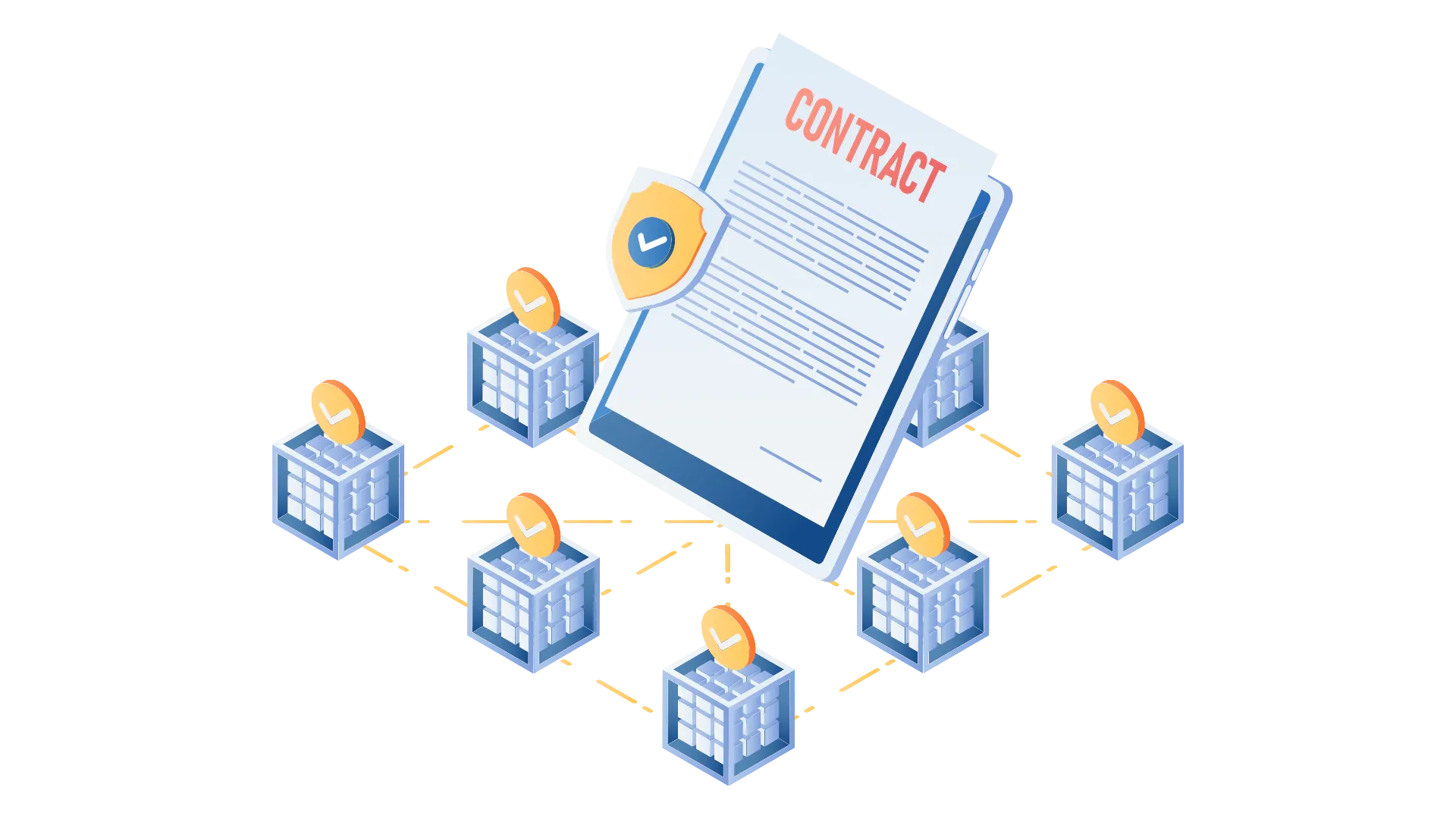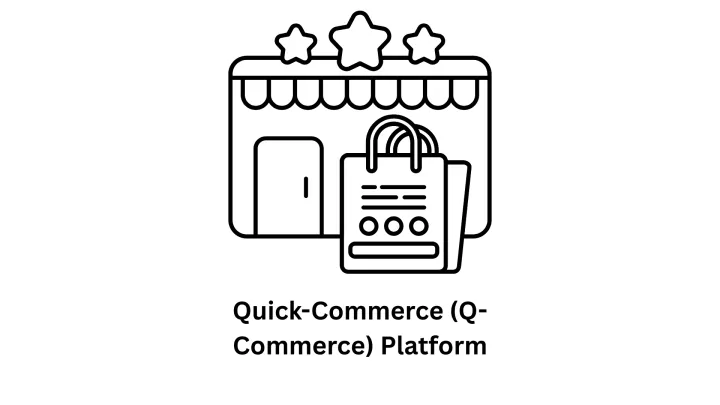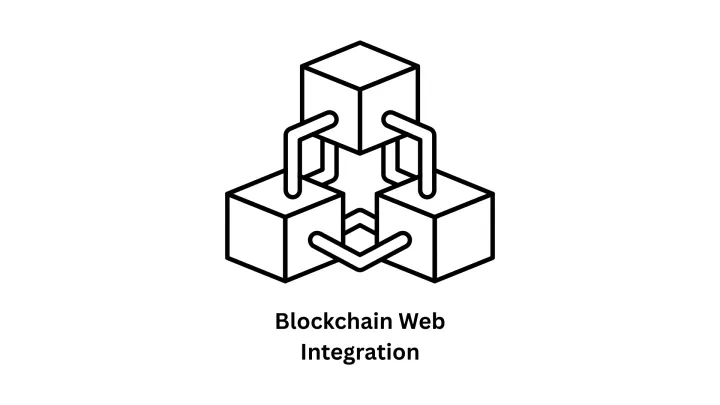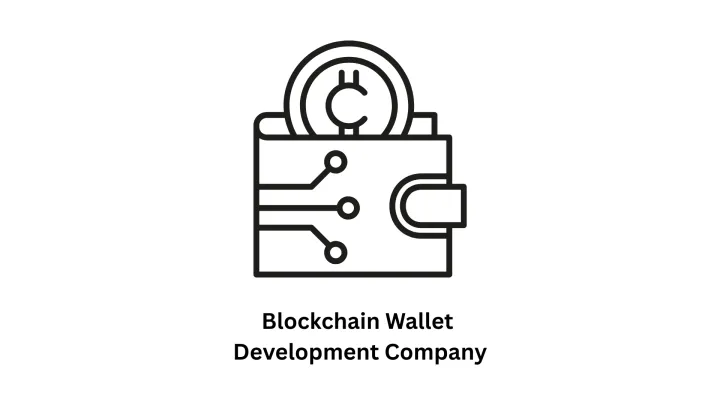How to Create Your Own Blockchain Smart Contract
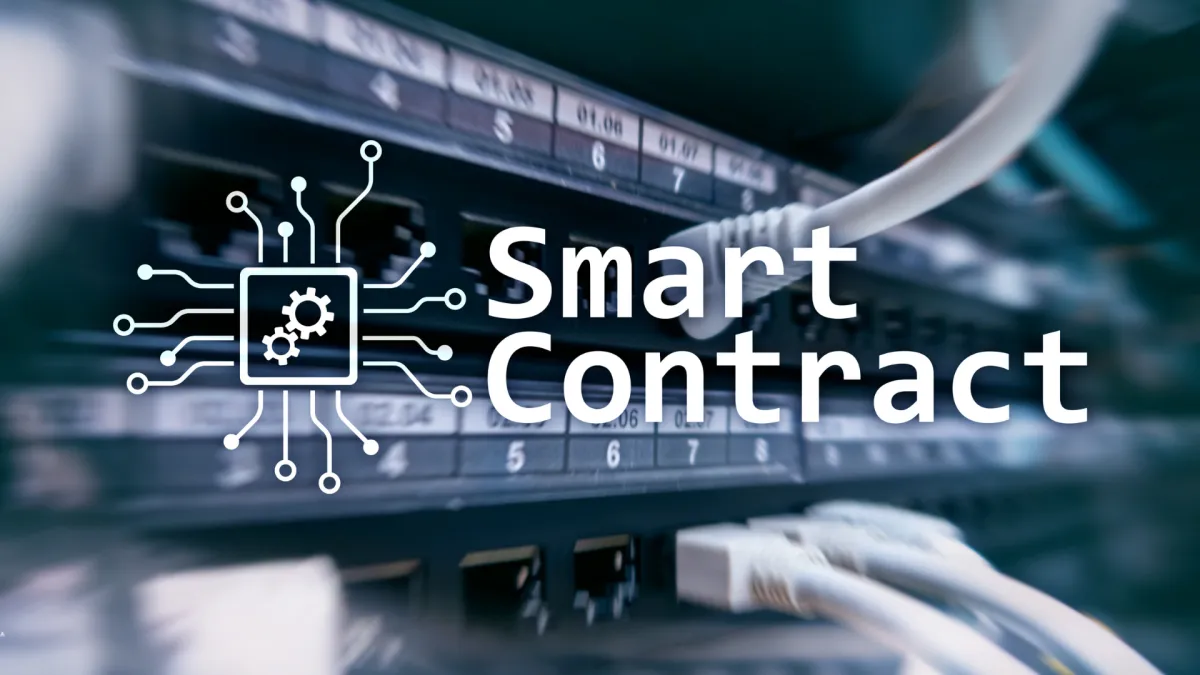
Smart contracts are self-executing agreements with the terms of the contract directly written into lines of code. They automate processes, eliminate intermediaries, and have the potential to revolutionize industries. If you're eager to create your own smart contract, this guide will walk you through the essentials.
Understanding Smart Contracts
- What are Smart Contracts? Smart contracts are digital contracts stored on a blockchain. They automatically execute when predefined conditions are met.
- Why are Smart Contracts Important? They offer trust, transparency, security, efficiency, and cost reduction compared to traditional contracts.
- Blockchain Networks: Smart contracts can be deployed on various blockchain networks like Ethereum, Solana, Binance Smart Chain, and more. Each network has its own advantages and programming languages.
Steps to Create Your Smart Contract
- Choose a Blockchain Platform: Research and select the blockchain network best suited to your project based on factors like scalability, cost, community support, and programming language.
- Learn a Smart Contract Language: Ethereum uses Solidity, Solana uses Rust or C++, and other networks have their own languages. Choose a language and get familiar with its syntax and best practices.
- Define the Logic: Clearly outline the conditions that trigger the smart contract's execution. What data inputs are needed? What actions should be taken when conditions are met?
- Write the Code: Use your chosen language to write the smart contract code. Start with simple contracts and gradually increase complexity.
- Test Thoroughly: Deploy your contract on a test network (like Ethereum's Goerli or Sepolia) to simulate real-world scenarios and identify any errors.
- Deploy on Mainnet: Once confident in your contract's functionality, deploy it to the main blockchain network. This typically involves paying a transaction fee in the network's native cryptocurrency.
Key Considerations
- Security: Smart contracts are immutable, so thorough testing is crucial to prevent vulnerabilities and potential hacks.
- Gas Fees: On Ethereum and similar networks, each transaction requires paying a fee (gas) in the network's cryptocurrency.
- Upgradability: Carefully consider if your contract needs to be updated in the future. Some networks allow for upgradability, while others prioritize immutability.
Smart Contract Examples
- Decentralized Finance (DeFi): Lending, borrowing, trading, and yield farming applications.
- Non-Fungible Tokens (NFTs): Unique digital assets representing ownership of art, collectibles, music, and more.
- Supply Chain Management: Tracking the movement and authenticity of goods.
Associative: Your Partner in Smart Contract Development
Creating secure and efficient smart contracts requires expertise. If you need assistance, consider partnering with a professional blockchain development company like Associative. We specialize in smart contract development, Web3 solutions, and blockchain integration. Let us help you bring your blockchain vision to life.
Conclusion
Building your own smart contract is an exciting endeavor. With careful planning, coding, and testing, you can create powerful applications that harness the benefits of blockchain technology. Whether you choose to go it alone or seek professional guidance, the world of smart contracts is full of possibilities.



To learn more, consider reading other articles, blogs, and stories in this area.




